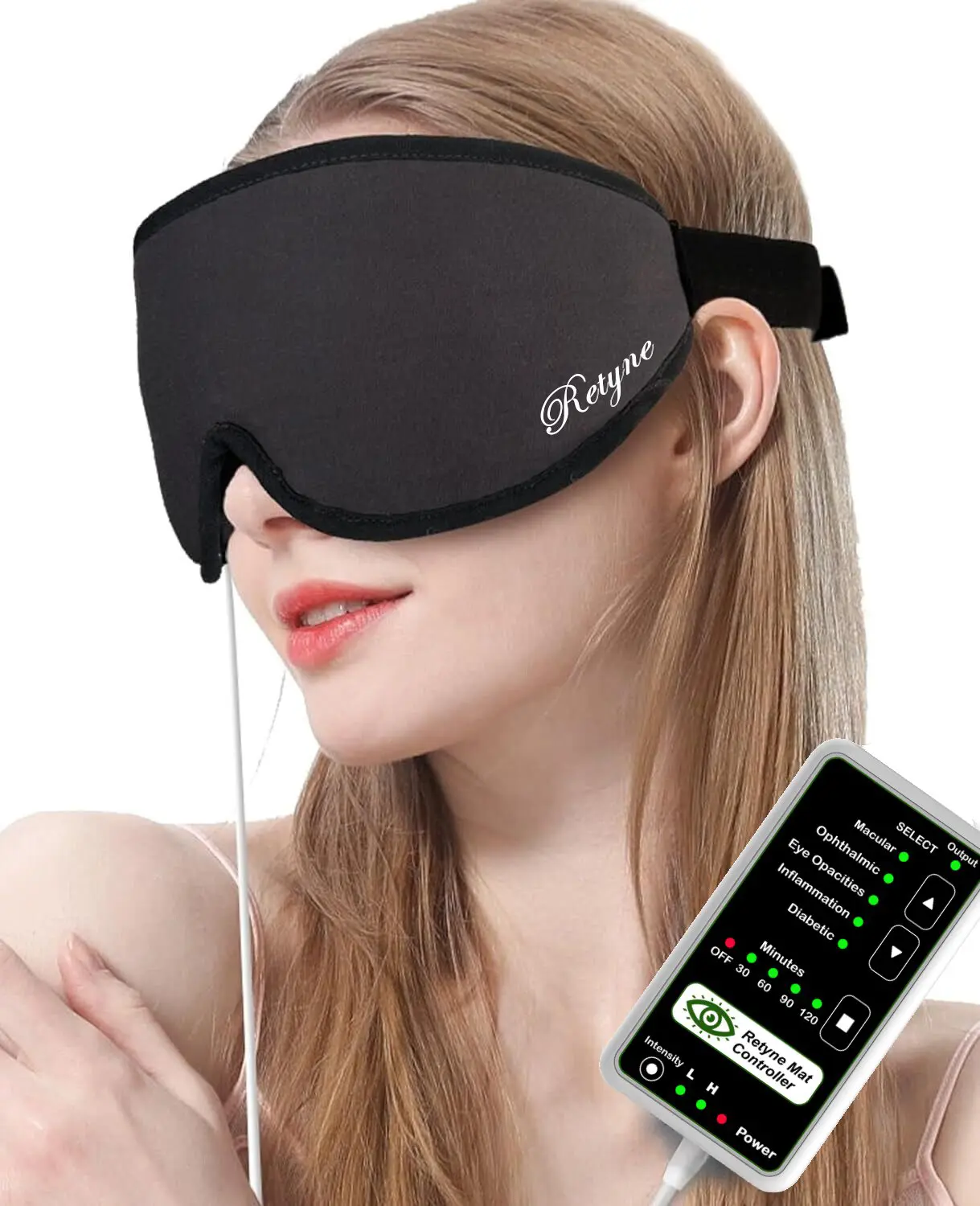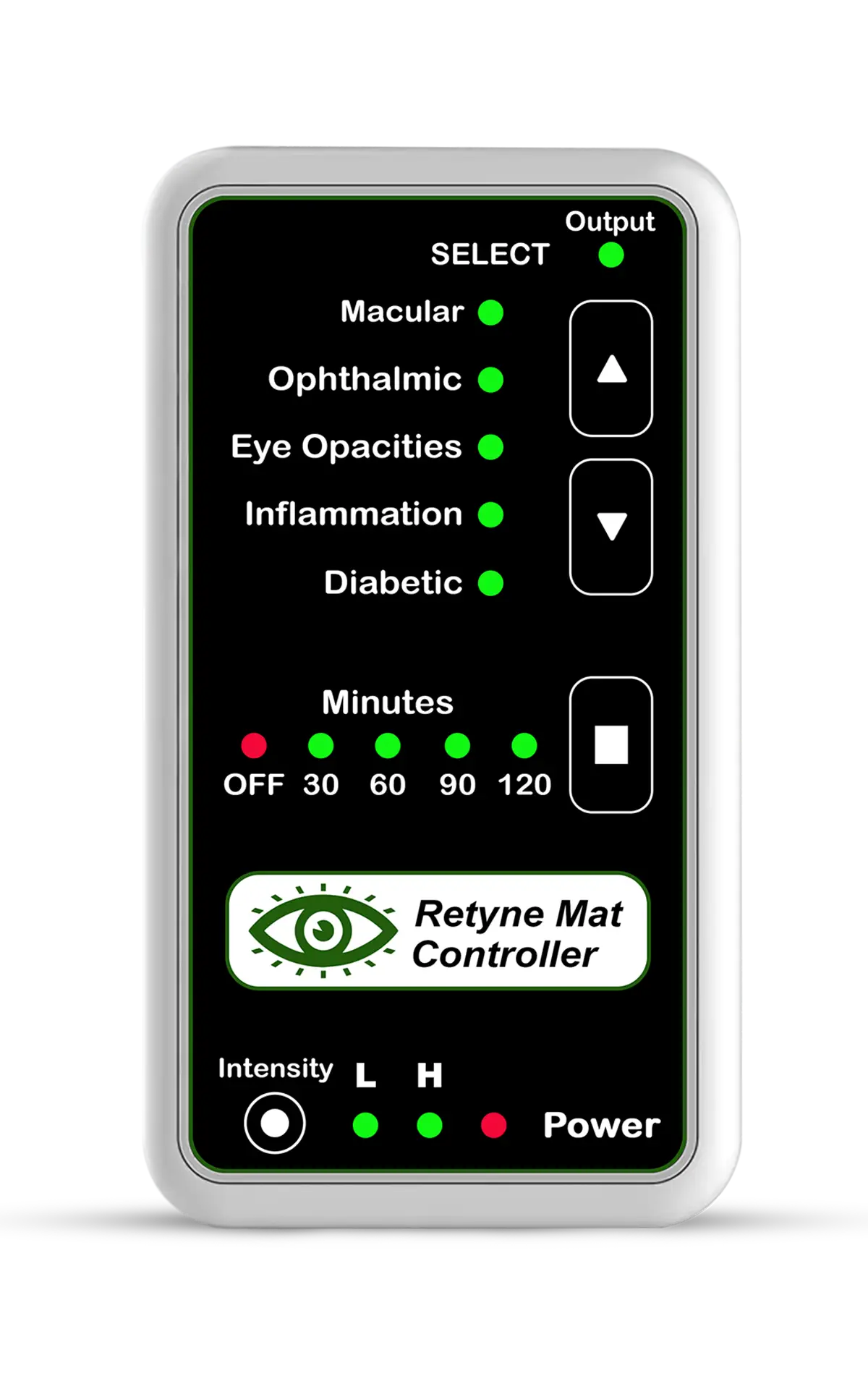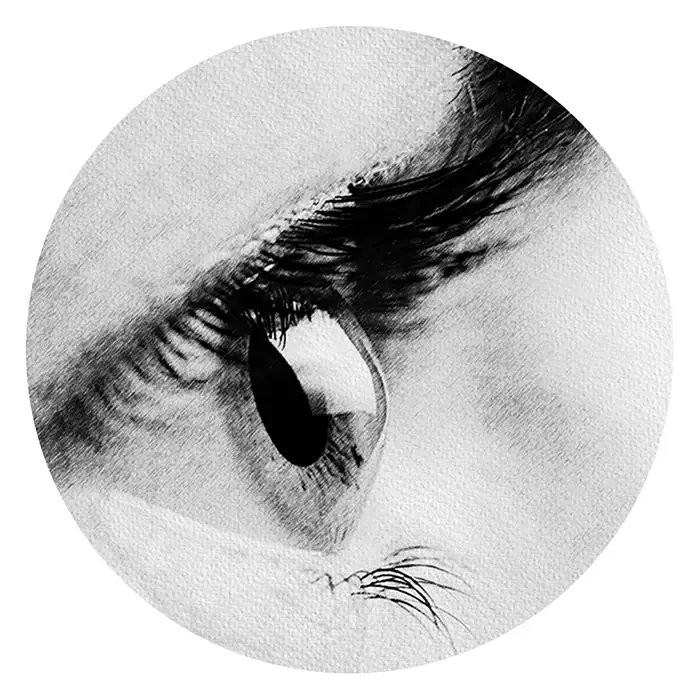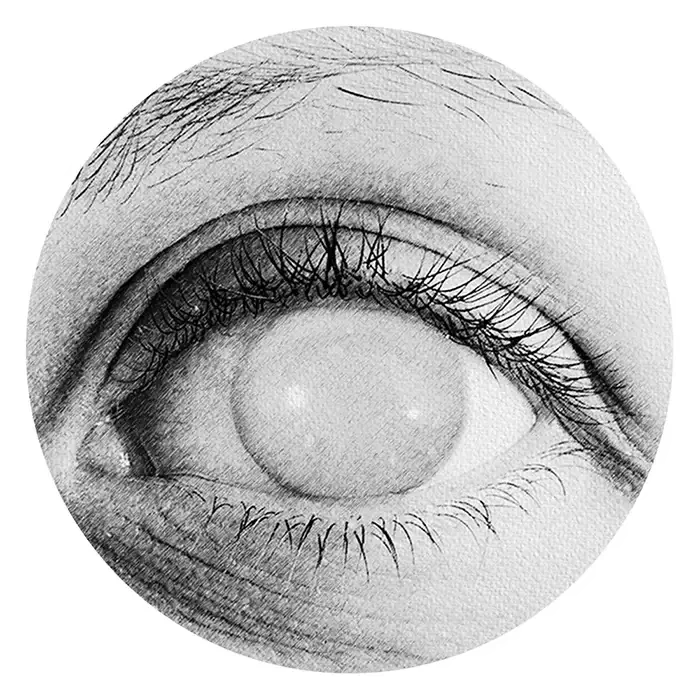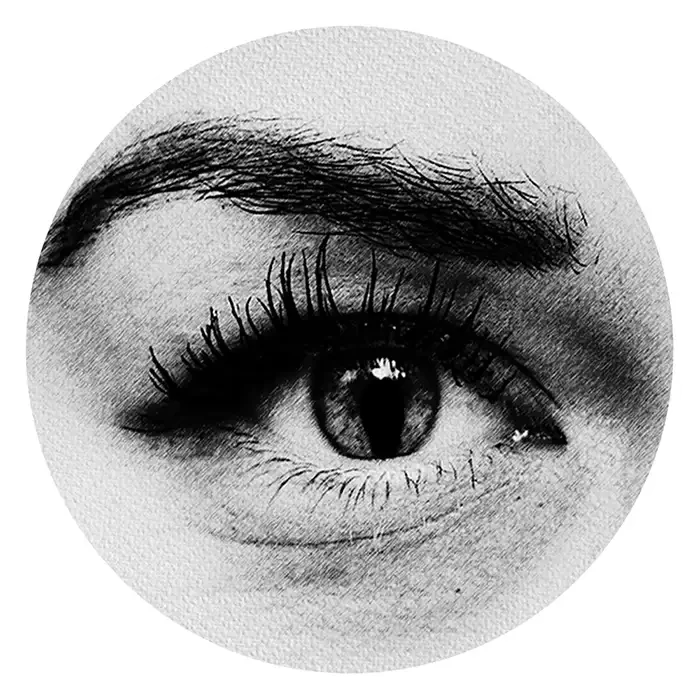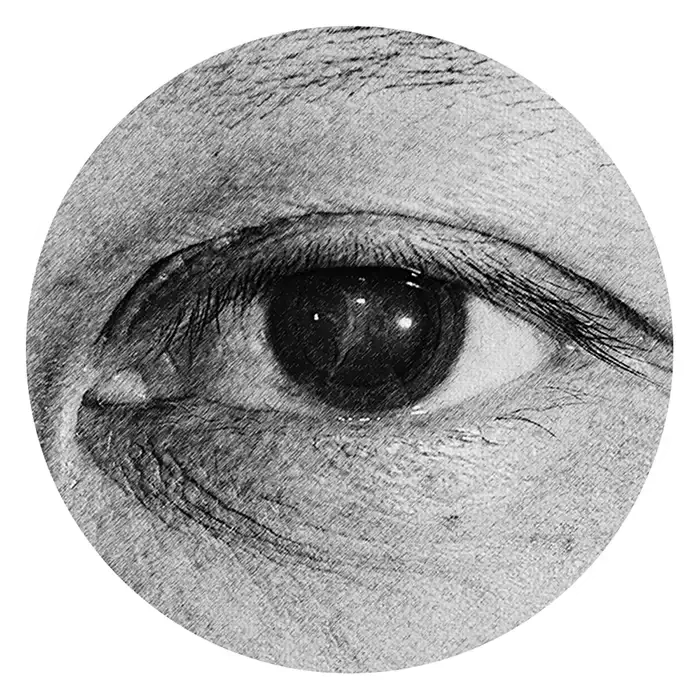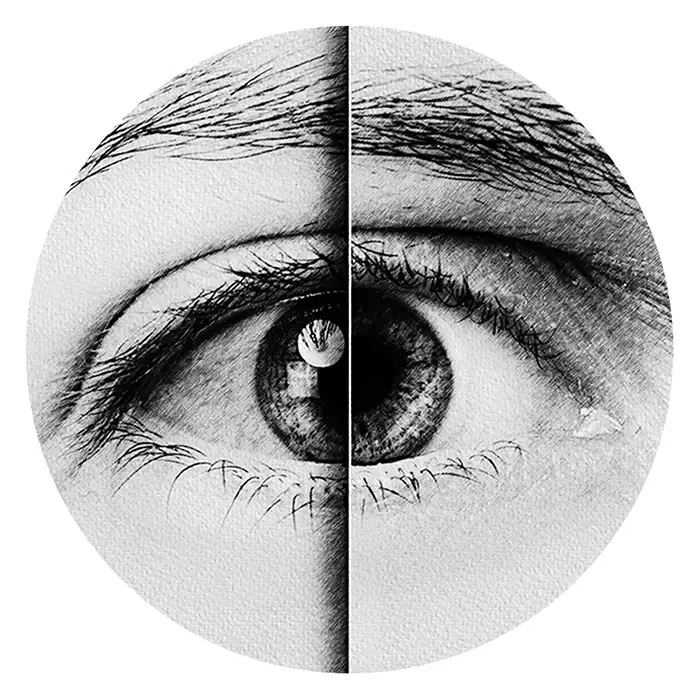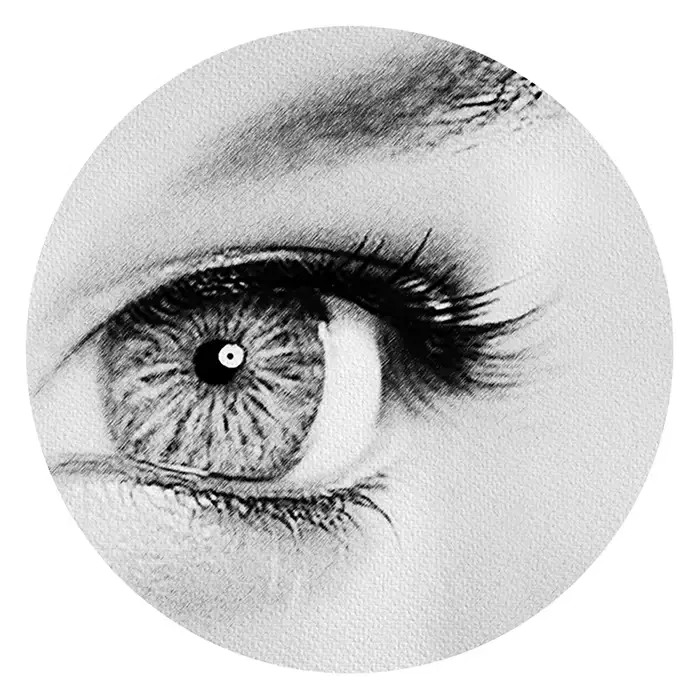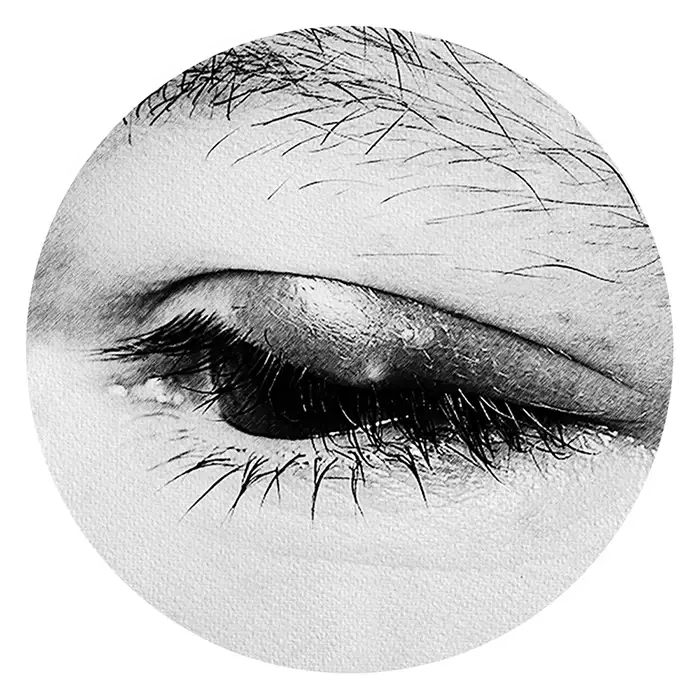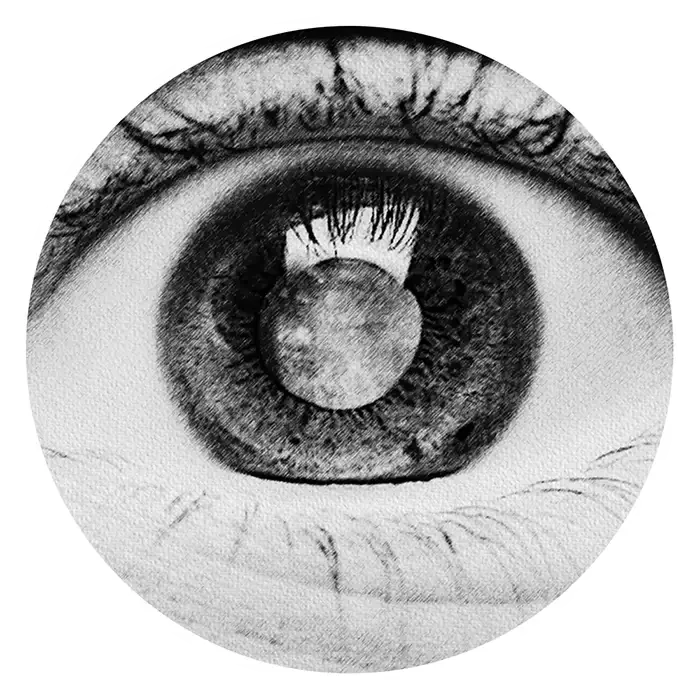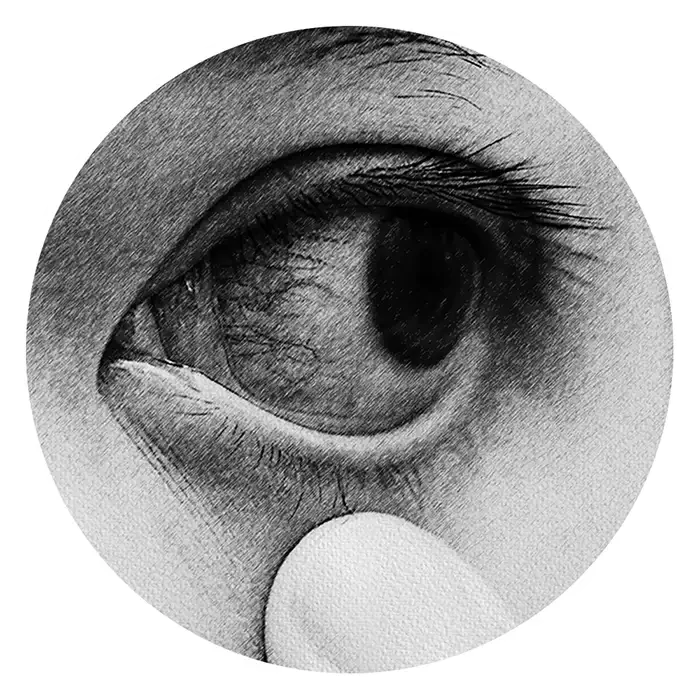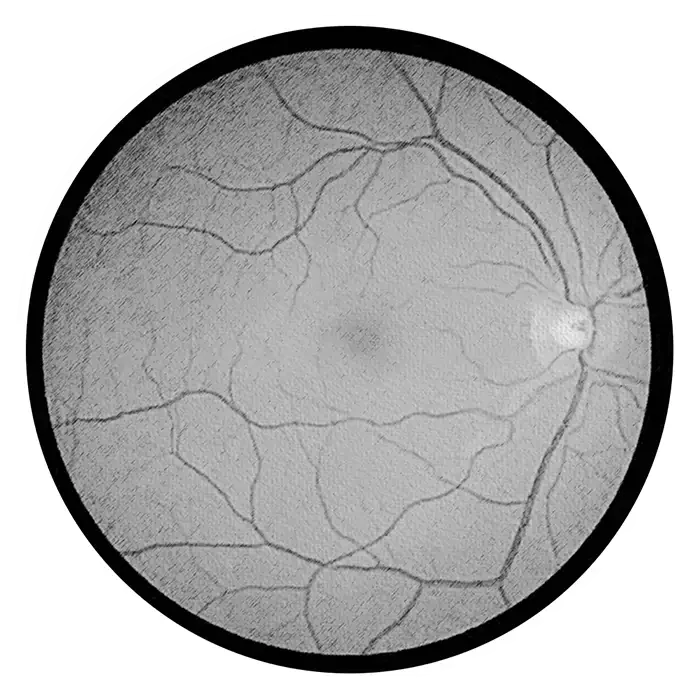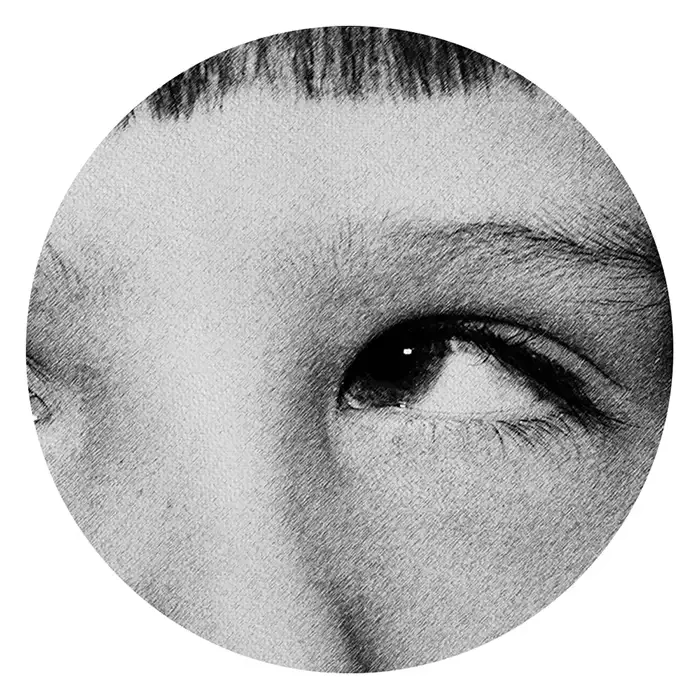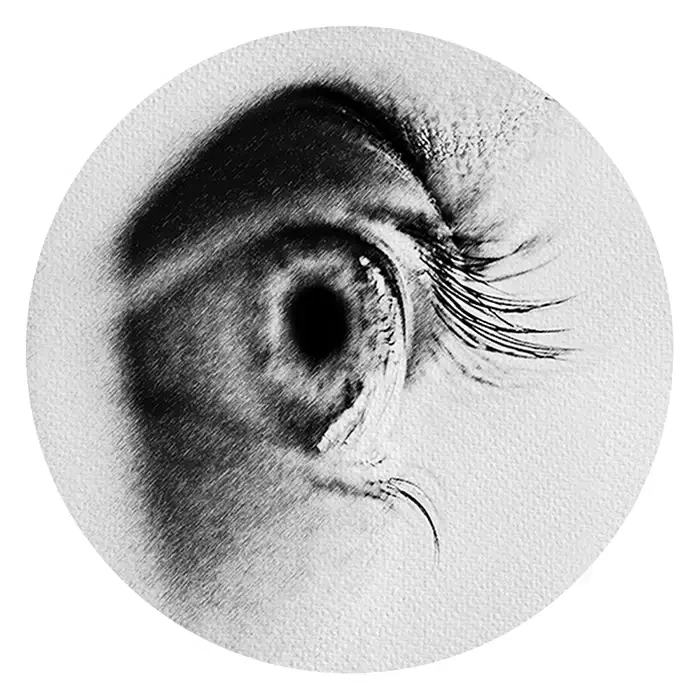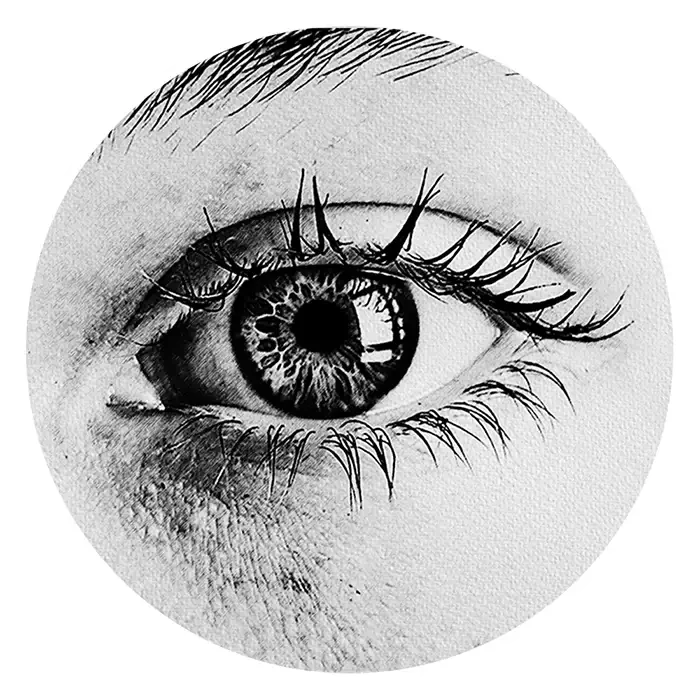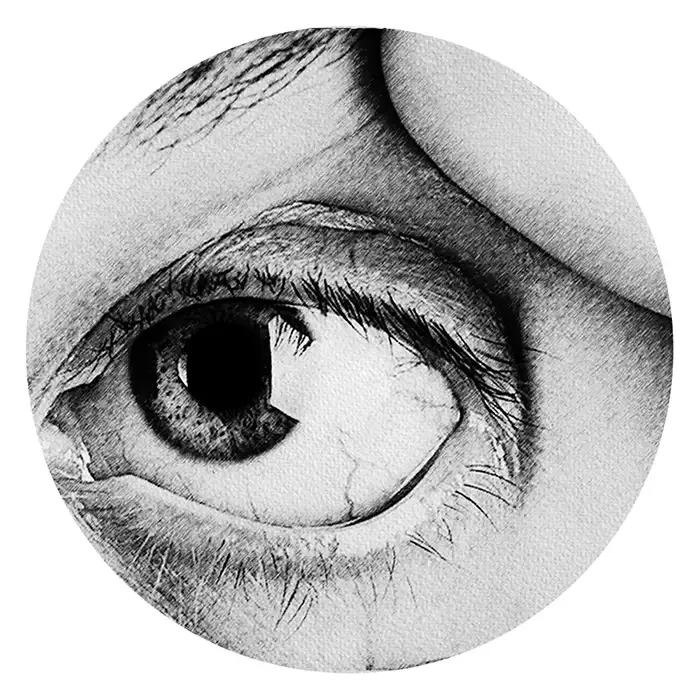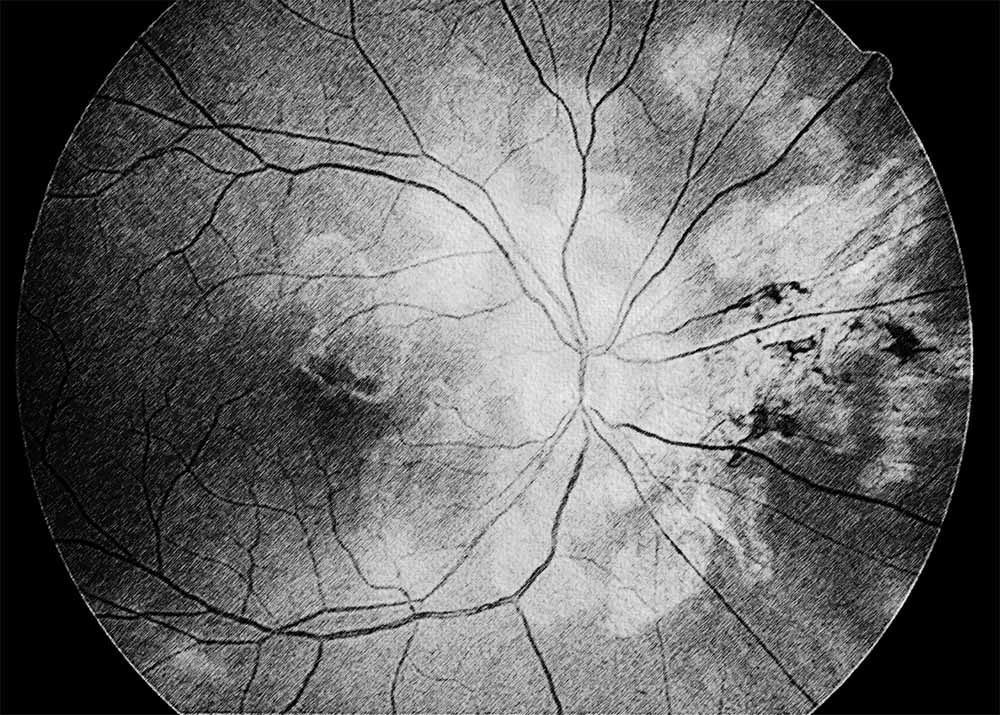
Treating Macular serpiginous choroiditis with Infrared Light Therapy
Macular serpiginous choroiditis is a rare inflammatory eye disorder characterized by inflammation and scarring of the choroid, a layer of blood vessels beneath the retina, particularly affecting the macula. There are no distinct types of macular serpiginous choroiditis, but the condition can manifest with varying degrees of severity and progression. Diagnosis of macular serpiginous choroiditis typically involves a comprehensive eye examination, including visual acuity testing, fundus photography, optical coherence tomography (OCT), and fluorescein angiography, which helps visualize the affected areas of the retina and choroid.
As an inflammatory eye disorder, macular serpiginous choroiditis is closely related to the category of eye infections and inflammation. The condition is thought to have an autoimmune component, where the body's immune system mistakenly attacks healthy tissues in the eye, leading to inflammation and damage to the choroid and retina. While the exact cause of macular serpiginous choroiditis remains unknown, it is often associated with conditions such as tuberculosis, toxoplasmosis, and other infectious or autoimmune diseases.
The Retyne Infrared Eye treatment mask offers a promising therapeutic approach for managing the symptoms of macular serpiginous choroiditis. Through the utilization of program #4 on the Retyne controller, which delivers targeted infrared light therapy, the mask can help alleviate inflammation, reduce scar tissue formation, and promote tissue healing in the affected areas of the retina and choroid. The invisible infrared light penetrates deep into the ocular tissues, exerting anti-inflammatory and regenerative effects that may mitigate the progression of macular serpiginous choroiditis and improve visual outcomes for affected individuals.
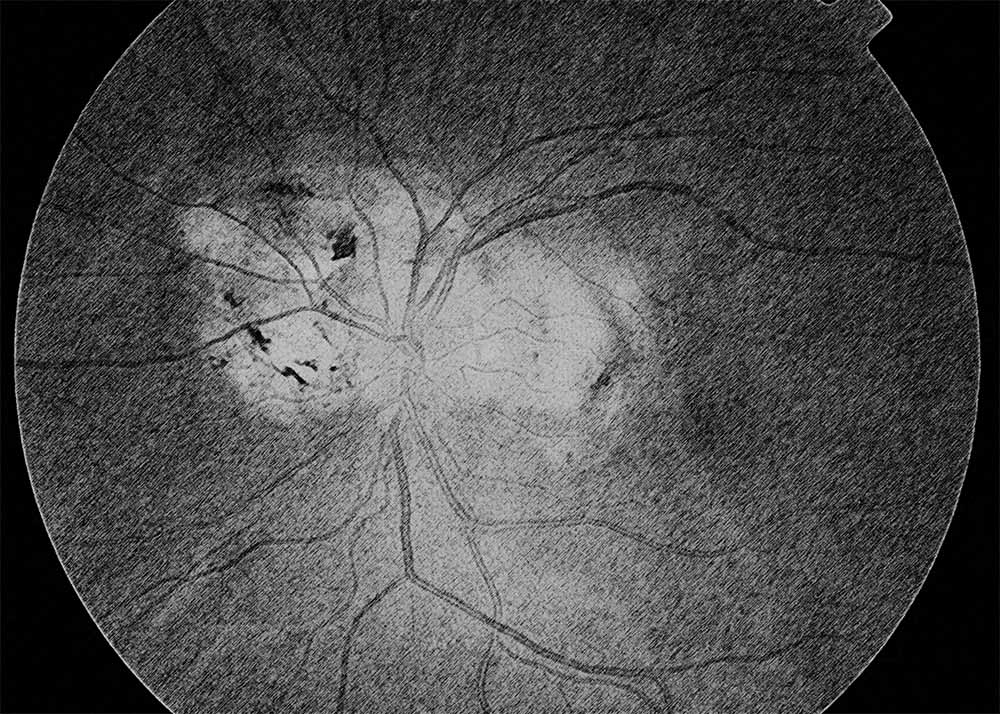
Infrared therapy has been shown to have beneficial effects on various inflammatory eye conditions by modulating the immune response, enhancing circulation, and promoting cellular repair mechanisms. By targeting the underlying inflammation associated with macular serpiginous choroiditis, the Retyne mask aims to address the root cause of the condition and alleviate symptoms such as blurred vision, central scotomas, and metamorphopsia (distorted vision). The non-invasive nature of infrared therapy makes it a safe and well-tolerated option for individuals with macular serpiginous choroiditis, offering potential benefits without the risks associated with invasive procedures or systemic medications.
In summary, macular serpiginous choroiditis is a complex inflammatory eye disorder that can lead to significant vision loss if left untreated. The Retyne Infrared Eye treatment mask provides a novel therapeutic approach for managing the symptoms of macular serpiginous choroiditis by delivering targeted infrared light therapy. Through program #4 on the Retyne controller, this treatment modality aims to reduce inflammation, promote tissue healing, and improve visual function in individuals affected by this challenging condition, offering hope for better outcomes and improved quality of life.
The Retyne eye treatment mask utilizes a general selection of frequencies (0.06, 0.5, 0.87, 12.85, 27.5, 141, 301.23, 453.02, 783.4, 825.03 ) tailored to address the symptoms related to Macular serpiginous choroiditis. These frequencies have been meticulously chosen for their proven effectiveness in managing and treating this visual condition.
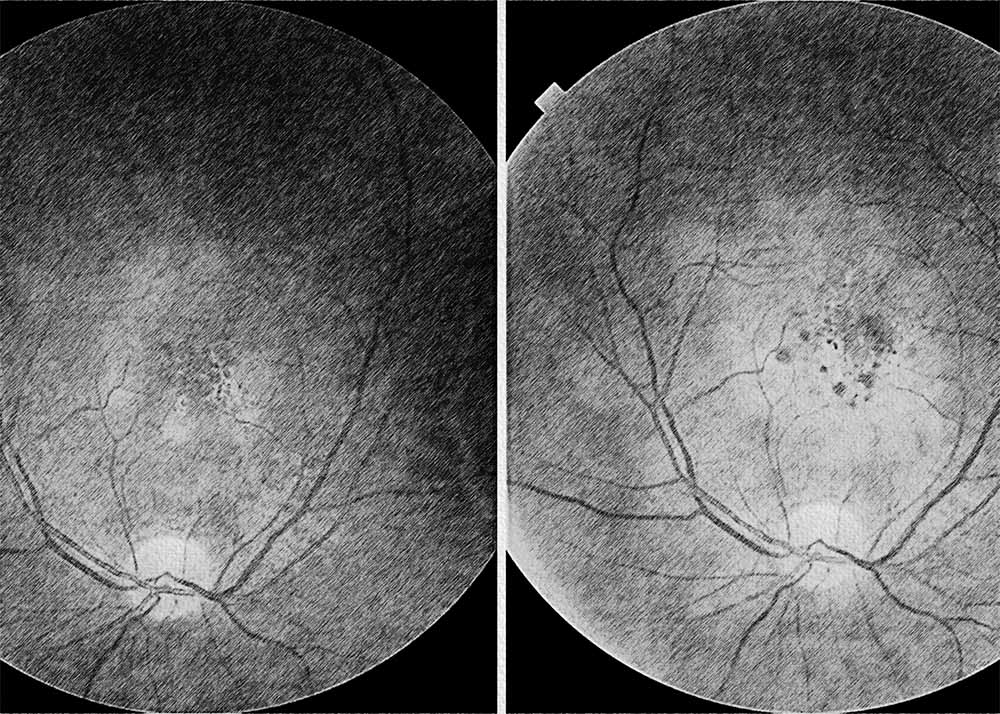
Retyne's approach involves converting each frequency into invisible infrared light output, marking a groundbreaking fusion of frequencies with light—a pioneering technology pioneered by Retyne Labs. Inspired by the groundbreaking work of Dr. Rife, who identified healing properties in specific frequencies and utilized light for their transmission, Retyne's innovative method capitalizes on current research on invisible infrared technology and builds upon past studies on light transmission through frequency sources. The result is the Retyne eye Treatment Mask, a convergence of state-of-the-art advancements in the field of visual care.
Moreover, for those utilizing advanced hardware such as the RDPV4, a secondary set of alternate frequencies for Macular serpiginous choroiditis: 0.15, 0.18, 0.8, 5.5, 33.2, 172.3, 471.2, 557.82, 603.44, 921.88 is available. The RDPv4 offers an expanded range of frequencies, finely calibrated to provide even greater precision in addressing Macular serpiginous choroiditis. By incorporating this secondary set of frequencies, the RDPV4 elevates the potential therapeutic benefits of the Retyne eye Treatment Mask, catering to individuals seeking advanced solutions for their visual health needs.
A Macular serpiginous choroiditis Compatibile group exists at program 1233 (0.06, 0.5, 0.87, 12.85, 27.5, 141, 301.23, 453.02, 783.4, 825.03 )
A Macular serpiginous choroiditis Alternate group exists at program 2950: Retinal disorders: 0.15, 0.18, 0.8, 5.5, 33.2, 172.3, 471.2, 557.82, 603.44, 921.88
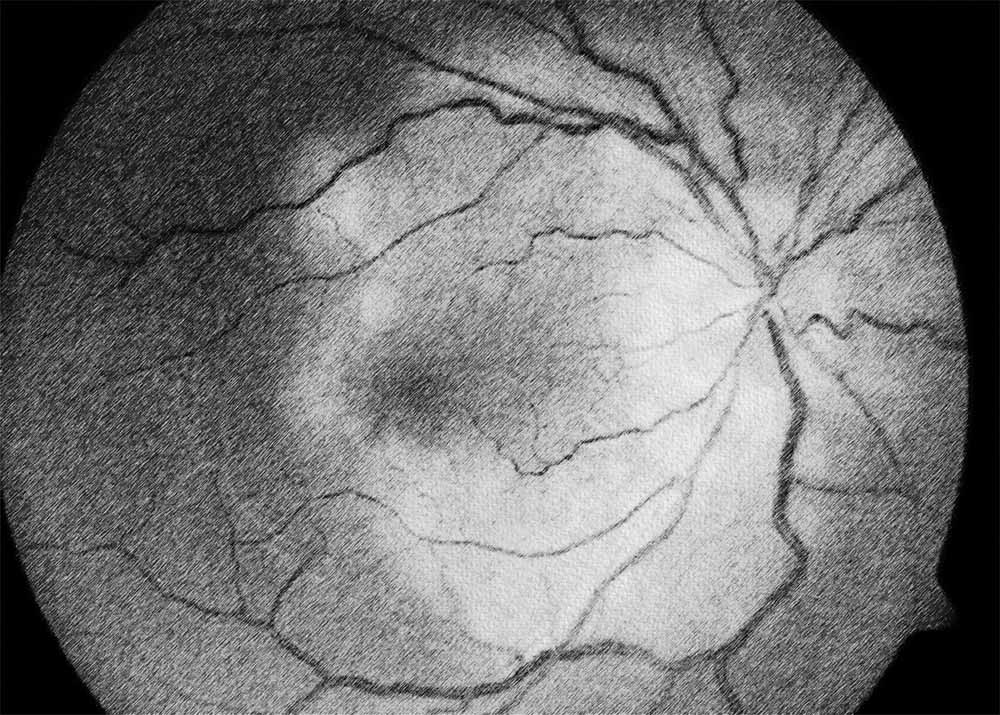
Compatibility
Standalone controller (Program #4) (Controller shipped with Retyne Eye Treatment Mask)
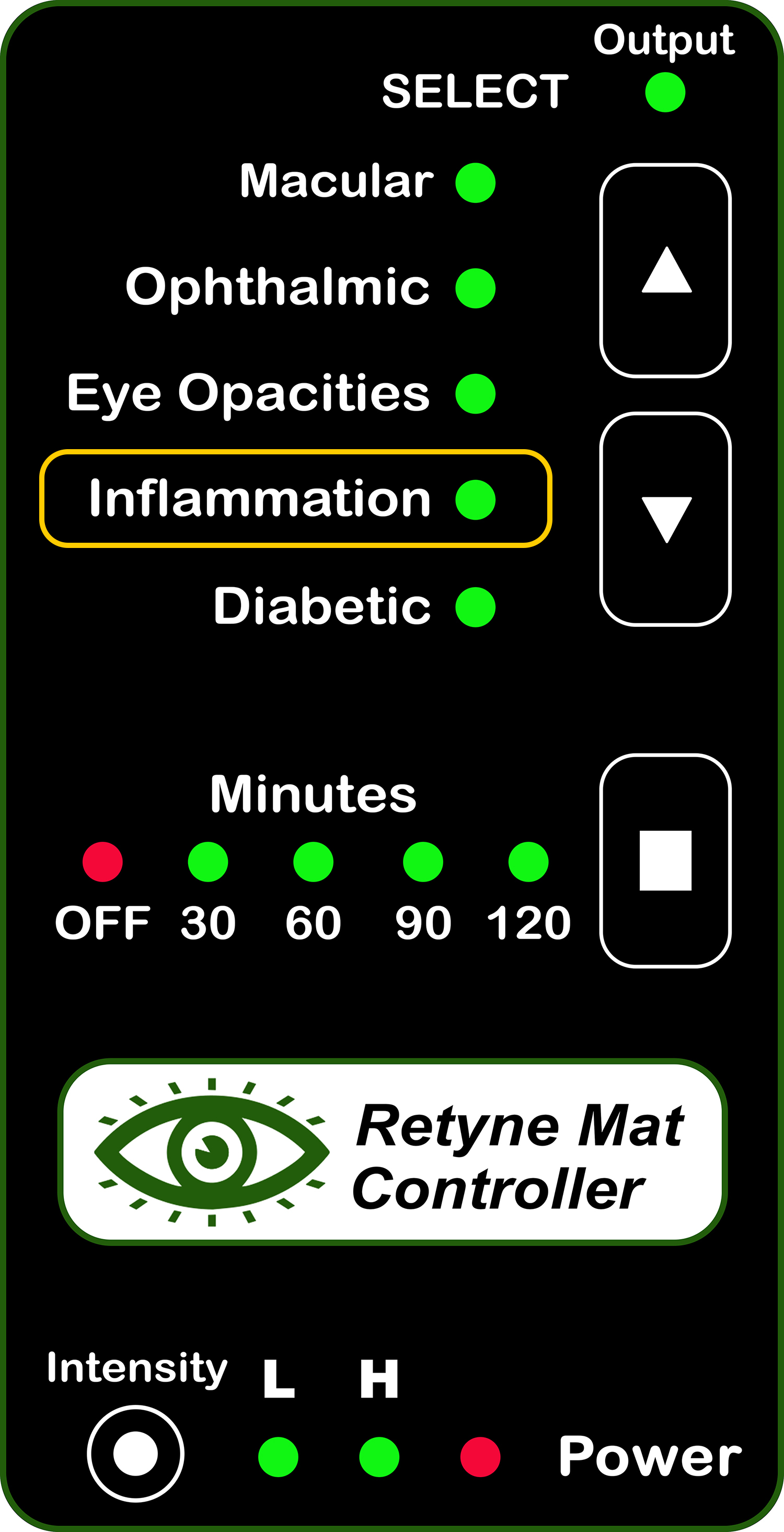
RDPV4 (Direct connect, use group 2950)
RDPV4 Light Mask Program button 4
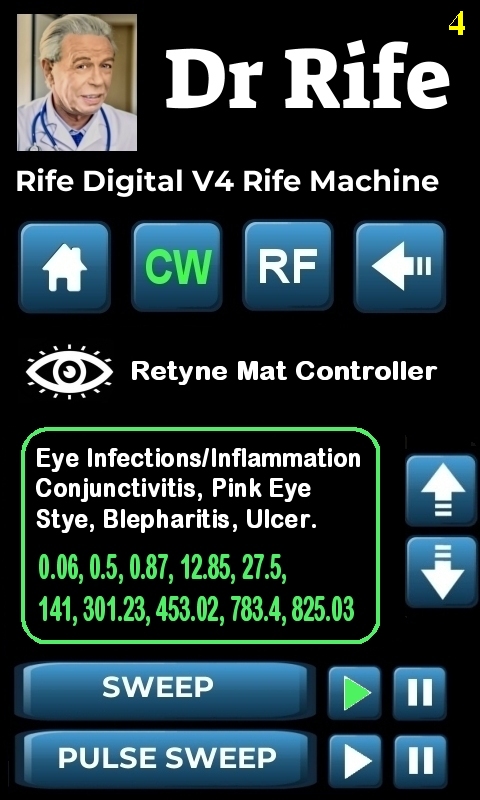
Click here for instructions on using the Retyne Mask + Controller
